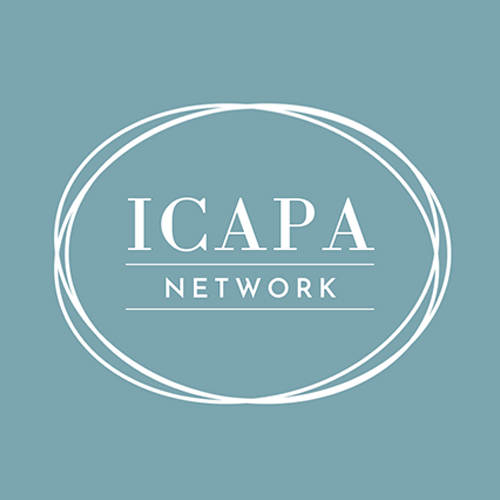The Stop Institutional Child Abuse Act Has Officially Passed Congress
In a historic victory for children’s rights, the Stop Institutional Child Abuse Act (SICAA) has passed Congress and was signed into law by President Joe Biden on Christmas Eve 2024. This monumental achievement marks an unprecedented milestone in the fight to protect children and end systemic abuse in youth residential programs. The bill, championed by survivors, advocates, and bipartisan lawmakers, represents decades of tireless work by those who refused to let their voices be silenced.
What SICAA Means for Our Cause
For too long, youth residential programs, often marketed as treatment and care facilities, have perpetuated cycles of harm. Survivors of the Troubled Teen Industry (TTI) have bravely shared harrowing stories of abuse, neglect, and exploitation, exposing the shocking lack of accountability and oversight in these institutions. SICAA tackles these issues head-on by introducing key measures:
- A Federal Work Group on Youth Residential Programs: This group will create and implement best practices based on survivor experiences, ensuring care is delivered with dignity and safety.
- A National Database and Reporting Mechanism: This will track the outcomes and safety records of youth programs, bringing much-needed transparency to an industry that has often operated in the shadows.
- A Comprehensive Study: The National Academies of Sciences, Engineering, and Medicine will evaluate both federal and state oversight of youth residential programs, laying the foundation for further reforms.
This legislation is the first federal effort of its kind to address systemic abuse within these programs and represents a significant shift in how we prioritize the well-being of our nation’s youth.
The Significance for Survivors
The passage of SICAA is not just a legislative victory; it is a powerful affirmation of the survivor community. For decades, survivors of institutional abuse have faced disbelief, stigmatization, and systemic inaction. But grassroots movements, along with high-profile advocates like Paris Hilton, have helped amplify these voices, creating a collective demand for justice and reform.
SICAA honors the bravery of every survivor who has shared their story, often reliving traumatic experiences to shed light on the need for change. It affirms that their voices matter and that their lived experiences are key to shaping a safer, more accountable system.
A Moment of Momentum
The passage of SICAA demonstrates the power of persistence and collaboration. It shows what is possible when survivors, advocates, and lawmakers unite for a common cause. However, this victory is just the beginning. The momentum generated by this achievement positions us to continue pushing for further reforms at both state and federal levels. Together, we will build upon SICAA’s foundation to ensure no child suffers the same fate many survivors endured.
Thank You to Our Champions
We extend our deepest gratitude to SICAA’s sponsors and champions, including Representative Ro Khanna, Senator Jeff Merkley, and many others who recognized the urgency of this issue and fought to make this legislation a reality. We also thank the countless advocates, organizations, and allies who supported this effort at every stage. This victory belongs to all of us.
What Comes Next
With SICAA now signed into law, our work is far from over. The passage of SICAA is a historic moment, but we remain committed to protecting children, holding institutions accountable, and pushing for policies that prioritize the well-being of every child. As part of this ongoing effort, we have sent an open letter to President Joe Biden, urging him to sign SICAA into law. His signature marks the final step in making these protections official.
This moment proves that change is possible. Together, we will continue to build on this momentum, creating a future where every child is safe, valued, and supported. Let us continue to amplify our voices and advocate for this critical cause. The fight for our children’s safety is far from over, but with SICAA, we have taken a giant step toward a safer future for all.


